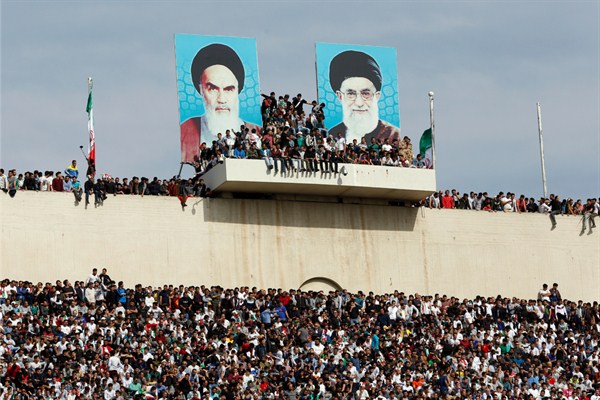Two events in recent years have dramatically changed the nature of politics in Iran: Hassan Rouhani’s victory in the 2013 Iranian presidential election and the signing of the nuclear agreement between Iran and six world powers in July of 2015. Like United Nations Security Council Resolution 598, which ended the Iran-Iraq War in 1988 and deeply reordered the political regime in Iran, the nuclear deal presaged a new era of Iranian politics. Despite its initial popularity, the deal has gradually become a source of tension across the mainstream ideological spectrum. As a result, the political scene in Iran after the deal saw the creation of new coalitions that formed in support or opposition to the nuclear agreement.
Traditionally, Iran’s political sphere was divided into three competing ideologies: pragmatists, reformists and hard-liners. But since 2013, these political groups have been reconfigured into two key factions that believe in diametrically opposed paths for solving Iran’s political and socio-economic problems. Interactionists see engagement with the world as the solution, while conflictualists believe that Iran must resist hegemonic powers, through force if necessary.
The interactionist bloc consists of reformists, pragmatists—that is, modern conservatives—and traditional conservatives, who supported Rouhani and former presidents like the late Ayatollah Ali Akbar Hashemi Rafsanjani and Mohammad Khatami. Their power is concentrated in the administration and state bureaucracy. Meanwhile, conflictualists are hard-line conservatives, including Supreme Leader Ayatollah Ali Khamenei, the powerful Guardian Council that vets all election candidates, the Islamic Revolutionary Guard Corps and the Basij militia.

